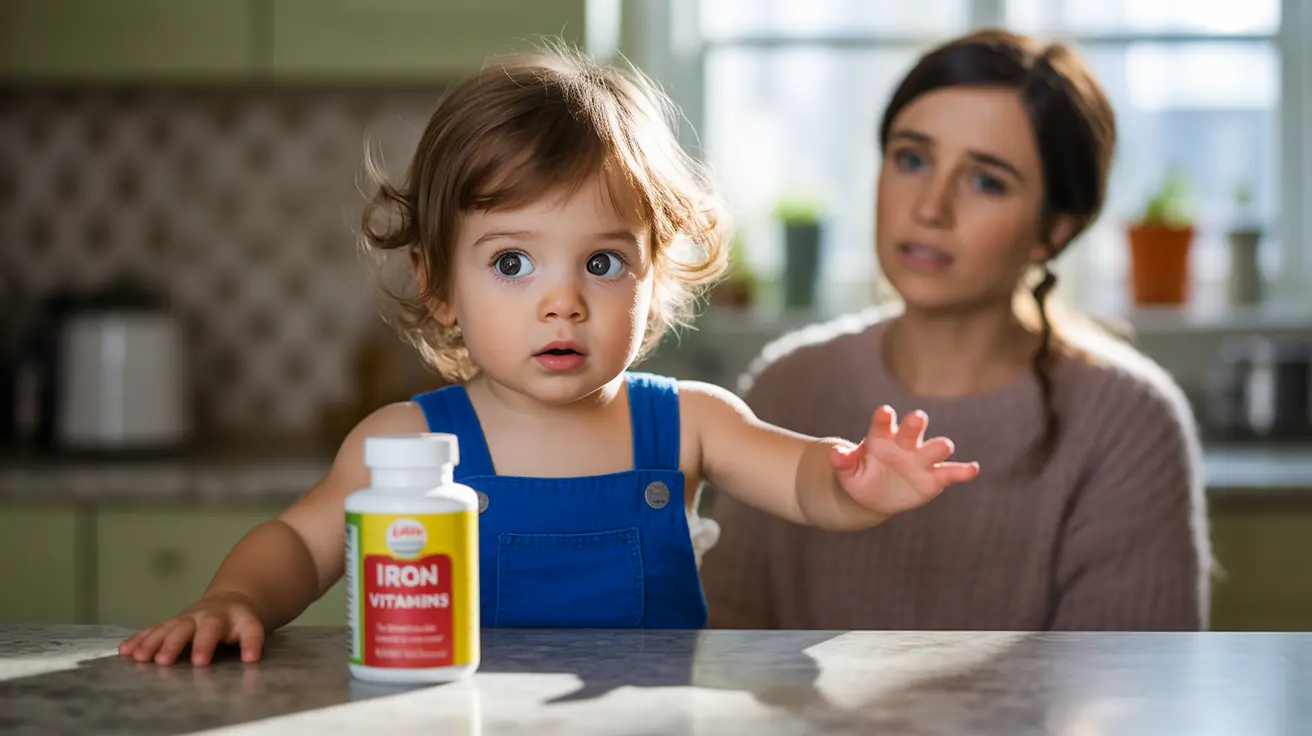Living with type 1 diabetes requires careful management of various lifestyle factors, and alcohol consumption is no exception. Understanding how alcohol interacts with blood sugar levels and diabetes management is crucial for maintaining both safety and enjoyment when choosing to drink.
This comprehensive guide explores the relationship between type 1 diabetes and alcohol, providing essential information about risks, safety measures, and practical management strategies.
Understanding Blood Sugar and Alcohol Interaction
When you have type 1 diabetes, alcohol can significantly impact your blood glucose levels in complex ways. Your liver typically releases stored glucose when blood sugar drops, but alcohol interferes with this process by forcing the liver to focus on metabolizing the alcohol instead.
This interference can lead to unexpected and potentially dangerous blood sugar fluctuations, particularly several hours after drinking.
Key Risks for People with Type 1 Diabetes
Several specific risks deserve attention when combining type 1 diabetes and alcohol consumption:
- Delayed hypoglycemia (up to 24 hours after drinking)
- Difficulty distinguishing between alcohol intoxication and low blood sugar symptoms
- Increased risk of severe low blood sugar episodes
- Potential interactions with diabetes medications
- Impaired judgment affecting diabetes management decisions
Safe Drinking Guidelines for Type 1 Diabetes
Before Drinking
Take these important preparatory steps:
- Check your blood sugar levels
- Eat a substantial meal containing carbohydrates
- Ensure your diabetes supplies are readily available
- Inform drinking companions about your diabetes
- Wear medical identification
While Drinking
Follow these safety measures during alcohol consumption:
- Choose drinks carefully, preferably those with lower alcohol content
- Alternate between alcoholic and non-alcoholic beverages
- Continue checking blood sugar levels regularly
- Never drink on an empty stomach
- Keep fast-acting glucose readily available
After Drinking
Post-drinking care is crucial:
- Check blood sugar before going to bed
- Consider having a snack before sleeping
- Set an alarm to check blood sugar during the night
- Plan for a proper breakfast the next morning
Recognizing and Managing Alcohol-Related Complications
Understanding the difference between alcohol intoxication and hypoglycemia is crucial. Both conditions can cause dizziness, confusion, and impaired coordination. When in doubt, always check blood sugar levels and treat for hypoglycemia if necessary.
Frequently Asked Questions
How does alcohol affect blood sugar levels in people with type 1 diabetes?
Alcohol prevents the liver from releasing stored glucose while it processes the alcohol, which can lead to unexpected low blood sugar levels. This effect can last for several hours after drinking, making blood sugar management more challenging.
What are the risks of drinking alcohol if I have type 1 diabetes?
The main risks include delayed hypoglycemia, difficulty recognizing low blood sugar symptoms, impaired judgment affecting diabetes management, and potential interactions with diabetes medications.
How can I safely manage my type 1 diabetes when I want to drink alcohol?
Safe management includes eating before and while drinking, checking blood sugar frequently, informing companions about your diabetes, wearing medical identification, and having fast-acting glucose available.
Why is hypoglycemia more dangerous or harder to recognize when drinking alcohol with type 1 diabetes?
Alcohol's effects can mask hypoglycemia symptoms, and both conditions share similar signs like dizziness and confusion. Additionally, alcohol impairs judgment, making it harder to recognize and respond to low blood sugar.
What steps should I take the morning after drinking alcohol to prevent blood sugar problems with type 1 diabetes?
Check your blood sugar immediately upon waking, eat a balanced breakfast, monitor blood sugar levels more frequently throughout the day, and stay hydrated. Be prepared for possible delayed low blood sugar effects.
Remember, while it's possible to enjoy alcohol with type 1 diabetes, doing so requires careful planning and awareness. Always consult with your healthcare provider about specific recommendations for your situation.




